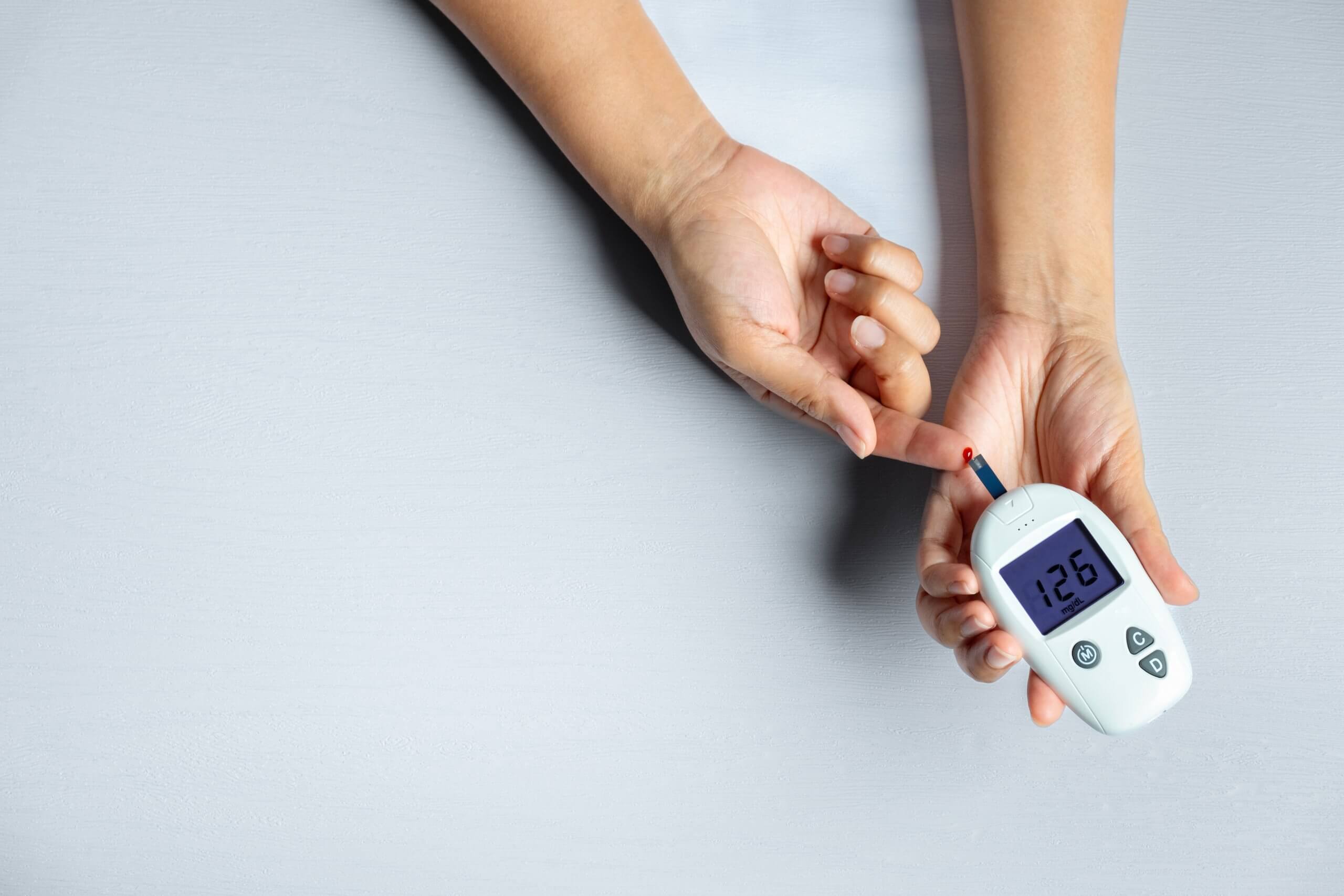Hibiscus, Guava Leaves & Bay Leaves: Natural Ingredients with Gentle Health Benefits

In many parts of the world, traditional herbs and plants have been used for generations to support wellness. Among them, hibiscus flowers, guava leaves, and bay leaves are common in both kitchens and herbal remedy kits. But how effective are they really when it comes to modern health concerns like blood pressure, blood sugar, and digestion?
Let’s explore their potential benefits—along with important cautions you should know.
1. Hibiscus (Roselle) Flowers
Blood Pressure Support
Some research suggests that hibiscus tea may help modestly reduce systolic and diastolic blood pressure, likely due to its natural diuretic properties and bioactive compounds that relax blood vessels.
Caution: If you have low blood pressure or take medication for hypertension, speak to your doctor before consuming hibiscus regularly—it can further lower blood pressure.
Antioxidant Power
Hibiscus is rich in antioxidants, which help combat cellular damage and support overall health.
Cholesterol & Heart Health
Early studies indicate possible benefits in lowering LDL cholesterol and triglycerides, though more in-depth research is needed to confirm these effects.
Flavor & Use
Hibiscus is popular as a tart, cranberry-like tea, known as “sorrel” in the Caribbean. It’s refreshing and can be enjoyed hot or cold, sweetened to taste.
2. Guava Leaves
Blood Sugar Regulation
Some small studies suggest guava leaf tea may help lower blood sugar levels, which is promising for those managing diabetes. However, the effect is mild and not a replacement for standard medical treatment.
Important: Always monitor your blood sugar and consult your healthcare provider before adding herbal teas to your routine if you have diabetes.
Digestive Support
Traditionally used to relieve diarrhea and support general gut health, guava leaves may also have mild antimicrobial properties.
Anti-Inflammatory & Antioxidant Effects
Guava leaves contain flavonoids like quercetin, known for reducing inflammation and oxidative stress.
How to Use
- Boil fresh or dried guava leaves to make tea.
- The tea has a slightly bitter taste, often mixed with honey or other herbs for flavor.
3. Bay Leaves
Antioxidant & Anti-inflammatory Support
Bay leaves contain compounds that offer anti-inflammatory and antioxidant benefits, contributing to overall wellness.
Blood Sugar Effects
Some studies have investigated bay leaves for blood sugar regulation, but the results are inconclusive and not a replacement for diabetes management plans.
Digestive Help
Traditionally used to ease indigestion and support digestive function.
How to Use
- Used whole in soups, stews, and sauces—typically removed before serving.
- For tea, simmer 1–2 dried bay leaves in water for 10–15 minutes and strain before drinking.
Health Claims vs. Reality
While these herbs are widely praised for their natural benefits, it’s important to keep expectations realistic:
- Diabetes: Herbal teas may offer mild support, but cannot replace medical treatments.
- High Blood Pressure: Hibiscus may reduce blood pressure slightly, but should complement—not replace—prescribed therapies.
- Poor Circulation & Cancer: These are complex issues requiring medical oversight. Herbs may offer antioxidant support, but they are not cures.
Important Considerations
- No Miracle Cure: Herbs can support health but are not substitutes for proper medical care.
- Lifestyle First: Combine herbs with a healthy diet, exercise, and sleep for real results.
- Possible Interactions: Always check with your doctor if you're on medications, pregnant, or managing chronic conditions.
Bottom Line
Hibiscus flowers, guava leaves, and bay leaves offer a range of gentle health benefits—from blood pressure and blood sugar support to digestive wellness and antioxidant protection. They’re best used as part of a holistic lifestyle, and not as standalone treatments.
Enjoy these herbs for their flavor and mild support, and always keep your healthcare provider in the loop when introducing new remedies into your wellness routine.




